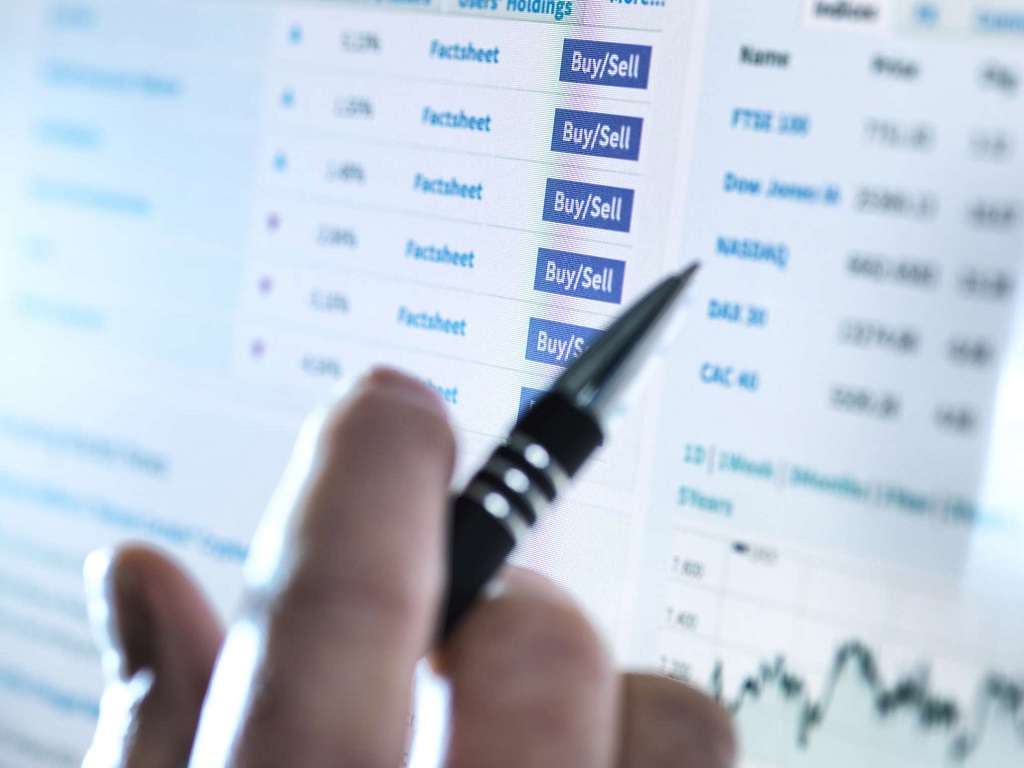An early warning system
The stock market is concerned not just with the profits a company is making now, but also with the prospects for future profits.
The health of the stock market can often act as an advanced warning indicator for the wider economy, and for our individual prosperity within it.
As company chairmen make statements about their expected profits in the coming months and years, their share price will react. As this happens across many companies it will be reflected in the FTSE 100 (and other indices). Sometime later, the economy as a whole may follow a similar pattern affecting our jobs and income.
Of course, there are other factors which affect the economy and stock markets differently, but looked at over the long-term, it is noticeable how often a sharp stock market dip precedes a recession and the subsequent market upturn forecasts the economic revival. This ‘lead effect’ is currently estimated by some commentators at between six months and a year. Unfortunately, as with many stock market tools, it is most useful in hindsight and is not always glaringly obvious at the time!


